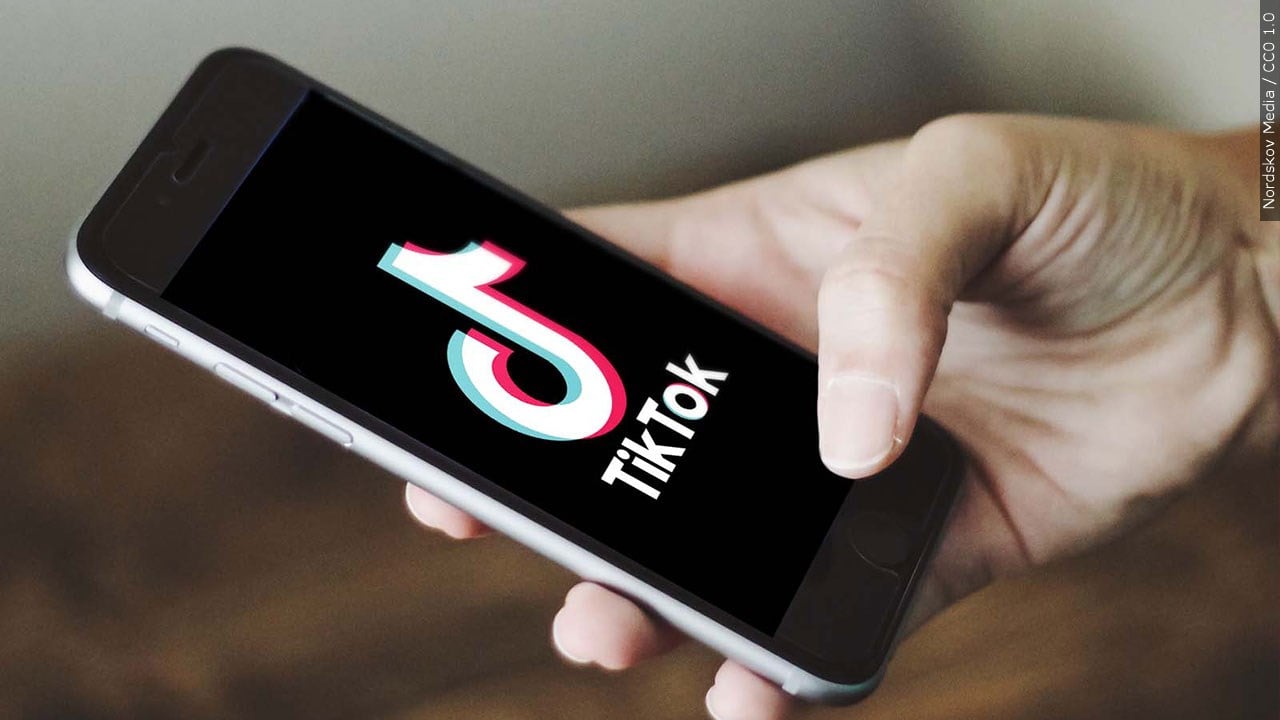The fate of TikTok, a major player among global social media platforms, seems to be approaching a critical juncture as negotiations between Washington and Beijing move toward a much-anticipated deal.
In the past few years, TikTok has become the focal point of a geopolitical conflict that transcends viral content and entertainment trends. This platform, under the ownership of the Chinese entity ByteDance, has evolved into a worldwide sensation, gathering hundreds of millions of users and transforming digital culture across different regions. However, its immense success has sparked political, security, and economic discussions spanning from the United States to Asia, Europe, and elsewhere. Currently, the spotlight is on former U.S. President Donald Trump and Chinese President Xi Jinping, as they are anticipated to finalize a deal that might not only alter TikTok’s operations but also reshape the broader technological relationship between these two countries.
What makes this moment particularly significant is the complexity of the issues at stake. For Washington, concerns have long revolved around data security, user privacy, and the potential influence of a Chinese-owned platform on American society. For Beijing, the matter involves defending national business interests and asserting its position in the global technology race. The negotiations between Trump and Xi are therefore not only about a single app but also about broader questions of trust, sovereignty, and the balance of power in the digital age.
A platform entangled in international politics
Since its meteoric rise, TikTok has been more than just an app for short videos. It has become a space where creators can launch careers, where businesses can reach new audiences, and where cultural trends spread faster than ever before. However, the very factors that made TikTok successful have also sparked unease. Critics in the United States have argued that the app could provide Beijing with unprecedented access to the personal data of American citizens, potentially putting national security at risk.
This suspicion has fueled political debates for years, with lawmakers, regulators, and government officials calling for stricter measures or outright bans. At the same time, TikTok’s management has consistently denied accusations of wrongdoing, emphasizing its commitment to safeguarding user data and transparency in its operations. Nonetheless, the company’s ties to ByteDance and the broader Chinese tech ecosystem have kept the controversy alive, making the app a focal point in an already tense U.S.-China relationship.
Economic stakes and digital sovereignty
The negotiations taking place today are not only about politics but also about economics. TikTok generates billions of dollars in advertising revenue and has become a powerful tool for small businesses and entrepreneurs. For the United States, reaching a deal that ensures local oversight of data and operations could allow the app to continue contributing to the economy without being viewed as a security liability. For China, allowing TikTok to remain active in the U.S. market safeguards an important business interest and prevents one of its most successful global digital exports from being dismantled abroad.
The idea of digital sovereignty also looms large in these talks. Countries around the world are increasingly determined to protect their citizens’ data and set clear rules about how international tech companies operate within their borders. The TikTok case illustrates the difficulties of balancing openness with security, innovation with regulation, and global connectivity with national interests. Whatever agreement Trump and Xi reach today will likely serve as a precedent for how similar disputes are handled in the future.
The path to reaching a consensus
Talks between Washington and Beijing about TikTok have been prolonged and challenging. Several times, options such as requiring ByteDance to divest its U.S. branch, completely prohibiting the app, or permitting it to operate under increased scrutiny have been considered. Every potential solution was accompanied by its own set of issues, including legal hurdles and opposition from the app’s extensive community of users.
The expected agreement indicates that both administrations have acknowledged the necessity for a settlement. For the United States, this might imply securing greater oversight over data handling and storage, potentially through collaborations with local companies. For China, it permits ByteDance to maintain possession while agreeing to conditions that alleviate some of Washington’s critical issues. Although the precise terms of the deal are still confidential, the involvement of both Trump and Xi highlights its significance at top political tiers.
The response from the general audience and the technology sector will be quite revealing. Those who use TikTok, those who create content on it, and companies that depend on it will be keen to learn about the platform’s potential stability in the United States. Shareholders and rivals will pay close attention, as the results might affect stock prices, business tactics, and the framework of rules governing other social media services.
The resolution of this long-running issue carries weight far beyond TikTok itself. It represents a test of how two of the world’s largest economies can manage disputes in the digital sphere while protecting their own interests. As technology continues to evolve and cross borders with ease, the challenge of balancing innovation with security will only intensify. Today’s deal, if finalized, will mark a pivotal chapter in that ongoing story.

